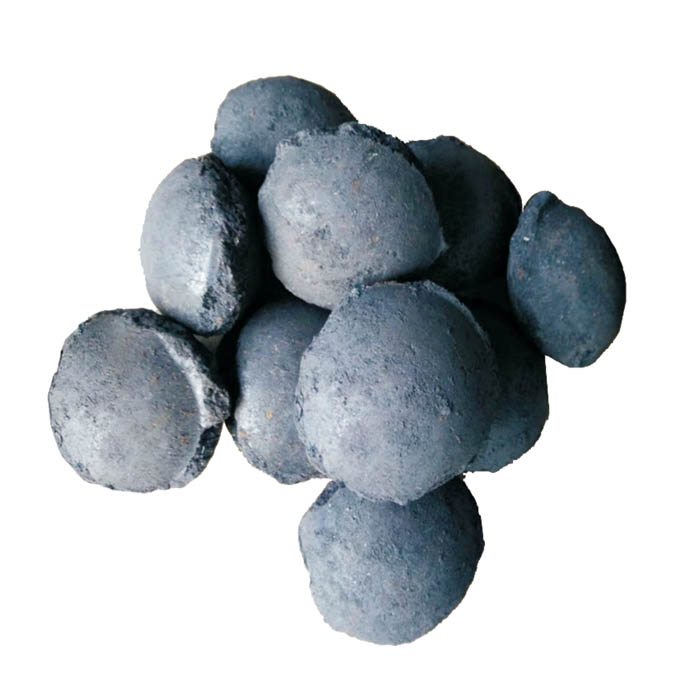Nov . 10, 2024 18:23 Back to list
Top-notch Mixers for Efficient Refractory Material Processing and Production
The Importance of High-Quality Mixers for Refractory Materials
Refractory materials play a crucial role in various industrial applications, particularly in high-temperature environments such as kilns, furnaces, and reactors. These materials are designed to withstand extreme conditions without losing their structural integrity or functionality. To ensure the effectiveness and performance of refractory materials, a high-quality mixer is essential for their preparation. This article explores the significance of high-quality mixers for refractory materials, the types of mixers available, and key considerations for selecting the right mixer for your needs.
Why Quality Matters
The performance of refractory materials is heavily influenced by the mixing process. Uniformity in the mixture is vital to ensure that the materials achieve the desired properties. This uniformity affects not only the mechanical strength of the final product but also its thermal stability and resistance to thermal shock. A high-quality mixer can ensure homogeneous distribution of the components—such as alumina, silica, zirconia, and other additives—erasing inconsistencies that could lead to faulty products.
Inconsistent mixing can result in variations in the physical and chemical properties of refractory materials, leading to premature failure in high-temperature applications. For instance, if one batch of refractory material is not mixed thoroughly and contains an uneven distribution of aggregates, it may crack or degrade faster than a well-mixed counterpart. Therefore, investing in a high-quality mixer is not merely an option; it is a necessity for manufacturers looking to ensure the reliability and performance of their refractory products.
Types of Mixers for Refractory Materials
There are several types of mixers that are suitable for processing refractory materials, each with its advantages and disadvantages
1. Horizontal Mixers These mixers use a horizontal drum and are effective for achieving a homogeneous mixture. The continuous rotation and mixing action allow for thorough blending of dry powders, making them ideal for refractory materials.
2. Vertical Mixers These mixers utilize a vertical configuration where materials are mixed through a rotating shaft and paddle system. They are particularly effective for mixing materials that have varied particle sizes and densities.
3. Planetary Mixers Ideal for high-viscosity materials, planetary mixers provide a unique mixing action where the mixing tools rotate around their own axes while also orbiting around the outer mixer bowl. This design ensures a thorough mix and is particularly beneficial for heavier refractory materials.
high quality mixer for refractory materials

4. Twin-Screw Extruders Though primarily used for forming materials, twin-screw extruders can be employed for mixing refractories due to their high shear capability and uniform mixing ability. They are particularly useful when dealing with complex formulations and require accurate control over mixing conditions.
Key Considerations for Selecting a Mixer
When selecting a mixer for refractory materials, several factors should be considered
- Material Compatibility Assess whether the mixer can handle the specific types of refractory materials you are working with.
- Batch Size Choose a mixer that aligns with your production capacity and batch sizes.
- Mixing Time Evaluate the required mixing time for achieving the desired uniformity.
- Maintenance and Durability Consider the ease of maintenance and the durability of the mixer, as refractory materials can be abrasive and harsh on equipment.
- Cost-Effectiveness While high-quality mixers may come at a higher initial cost, consider the long-term savings due to reduced material waste and increased product reliability.
Conclusion
In conclusion, the choice of a high-quality mixer for refractory materials is vital for achieving uniformity and consistency in the final product. With numerous options available, it is essential to consider various factors to ensure that the chosen mixer meets the specific requirements of refractory material processing. By investing in the right mixing equipment, manufacturers can enhance the reliability and performance of their products in high-temperature environments, ultimately leading to greater customer satisfaction and business success.
-
Eco-Friendly Granule Covering Agent | Dust & Caking Control
NewsAug.06,2025
-
Fe-C Composite Pellets for BOF: High-Efficiency & Cost-Saving
NewsAug.05,2025
-
Premium Tundish Covering Agents Exporters | High Purity
NewsAug.04,2025
-
Fe-C Composite Pellets for BOF | Efficient & Economical
NewsAug.03,2025
-
Top Tundish Covering Agent Exporters | Premium Quality Solutions
NewsAug.02,2025
-
First Bauxite Exporters | AI-Optimized Supply
NewsAug.01,2025
